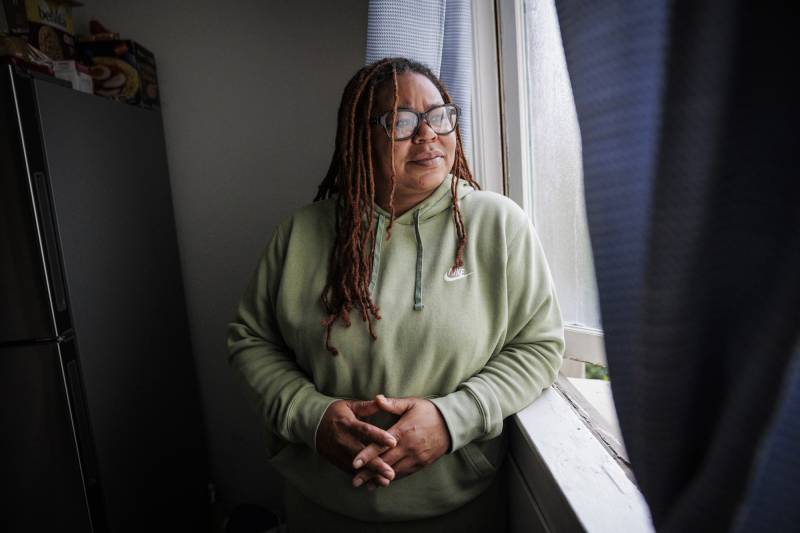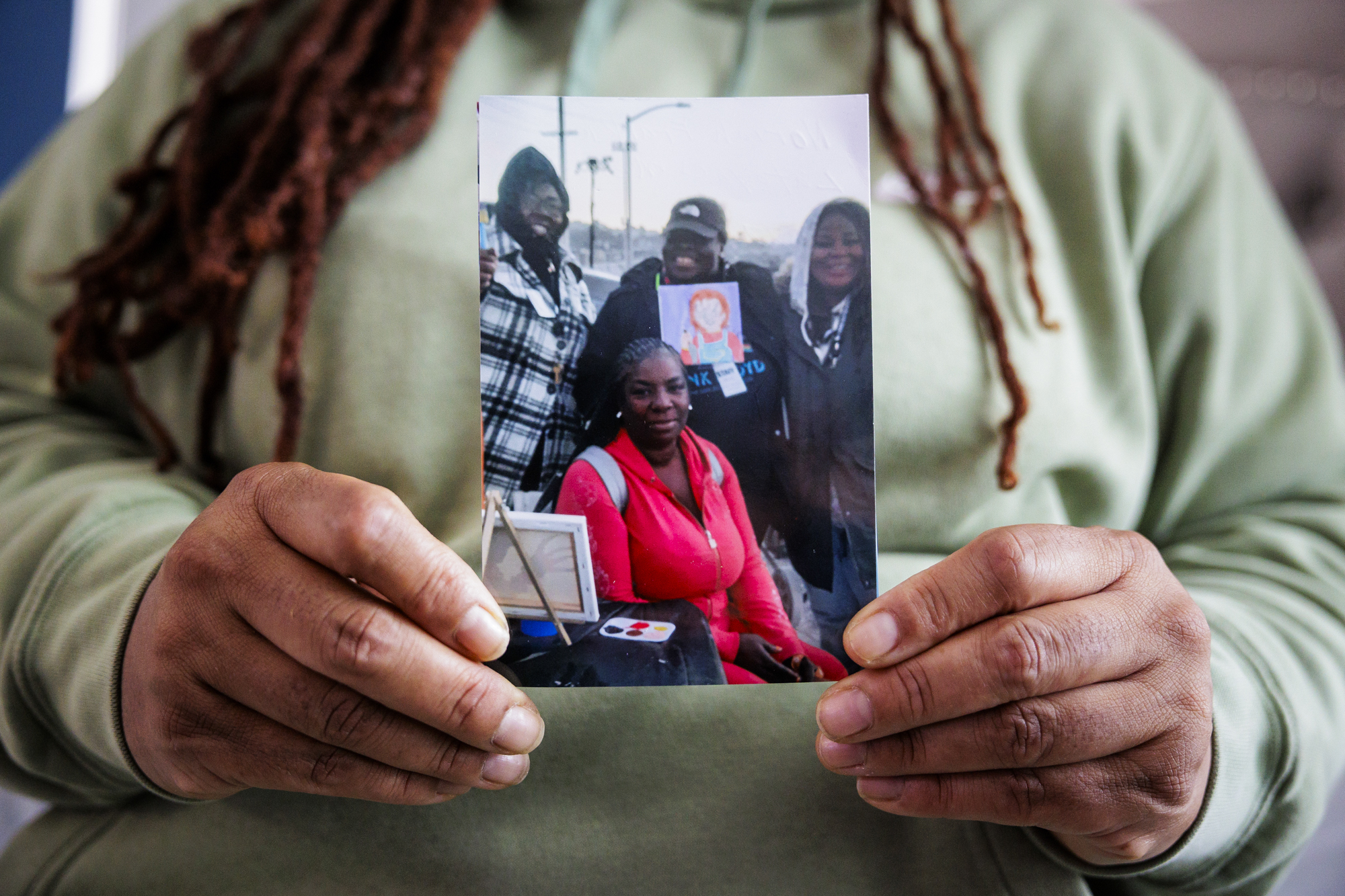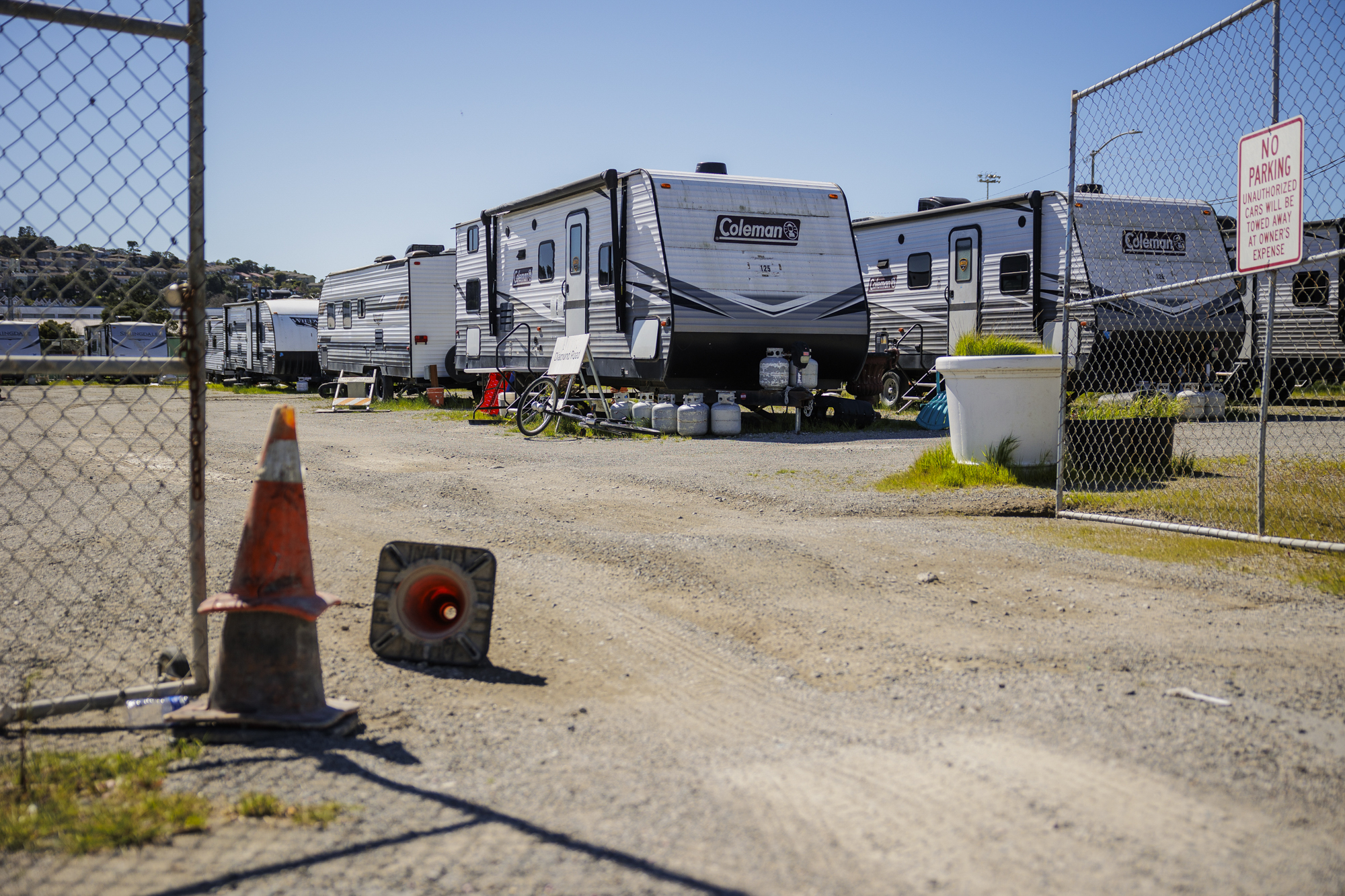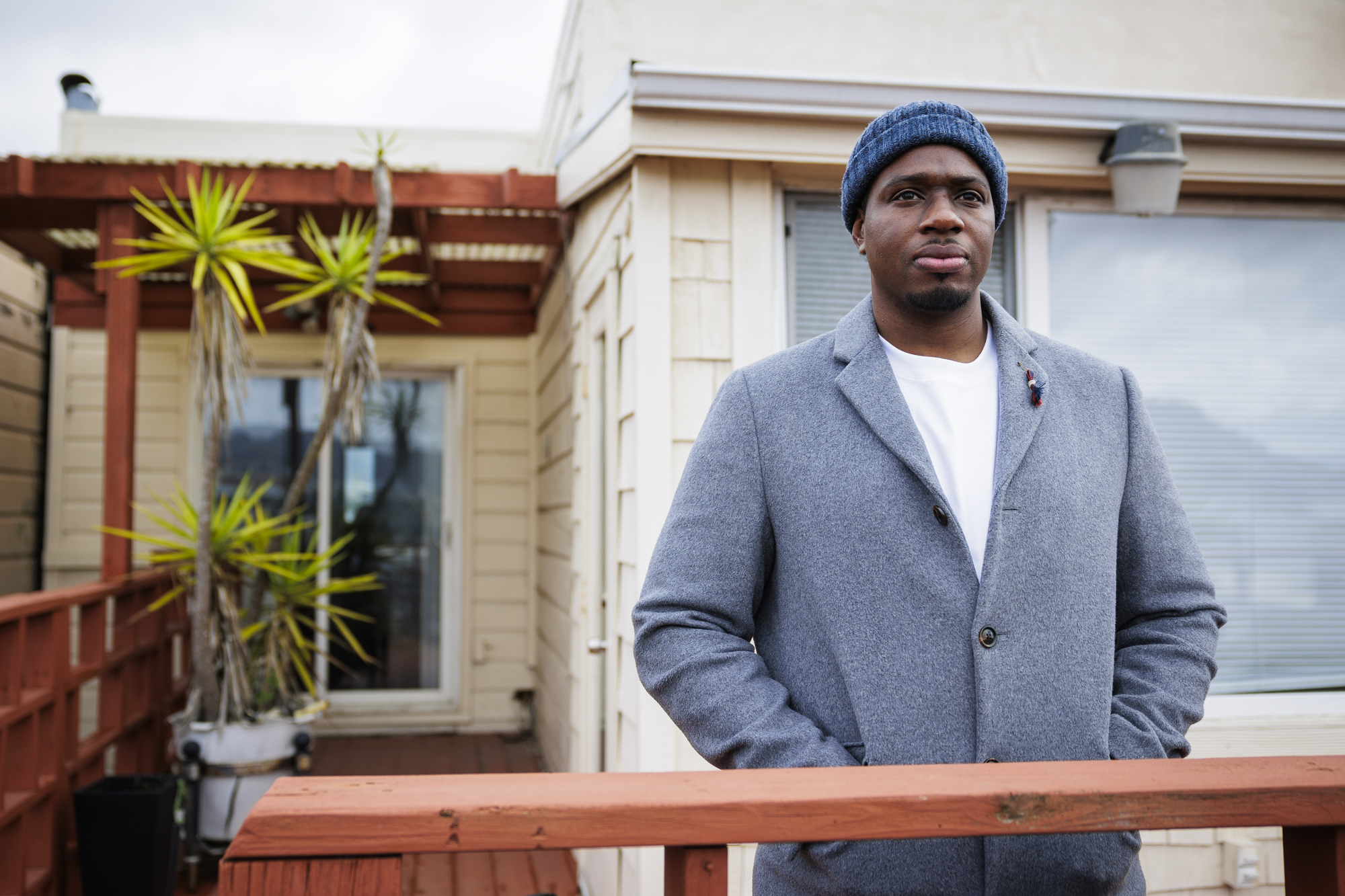After winding down a trailer site at Pier 94 used for emergency housing during the pandemic, San Francisco is now looking to offload a portion of its RVs to Oakland.
On Tuesday, the Oakland City Council will consider accepting up to 60 of the 120 trailers, which could be donated to nonprofits that provide shelter to people experiencing homelessness.
The potential handoff comes nearly four years after Gov. Gavin Newsom sent nearly 1,300 trailers across the state to help California counties house people experiencing homelessness during the COVID-19 pandemic.
That program saw mixed outcomes across the state — with some cities embracing the solution and others letting the trailers gather dust. But in San Francisco, the trailer site at Pier 94 ultimately became the city’s longest-running COVID-response emergency housing program.
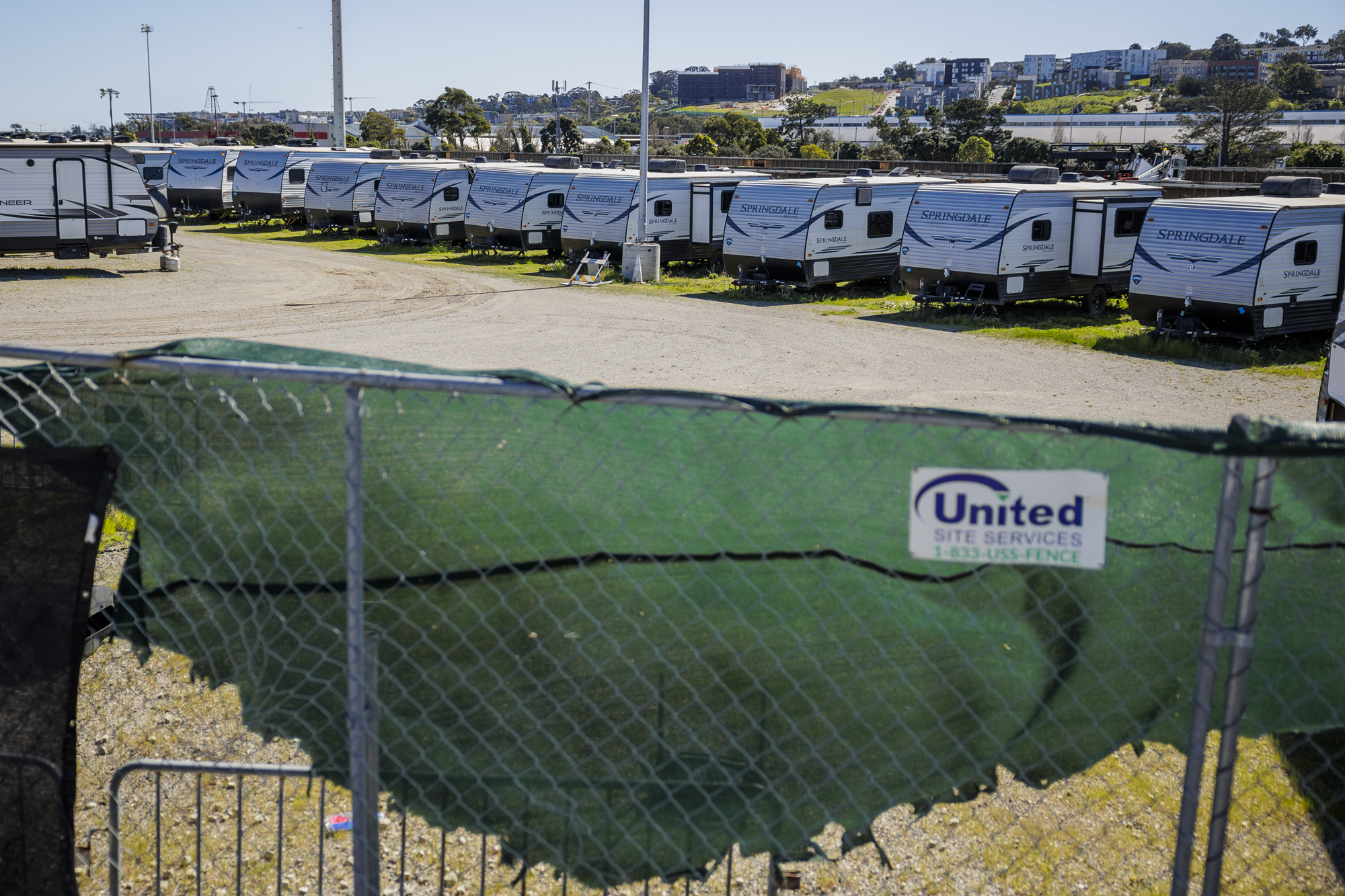
Located at an industrial site in the city’s Bayview-Hunters Point neighborhood, the trailers were always intended to be a temporary measure. Advocates for people experiencing homelessness pushed to keep it open so residents could find housing placements before exiting. Altogether, the program ran from April 2020 until January 2024.
Deborah Bouck, a spokesperson for the Department of Homelessness and Supportive Housing (HSH), said city leaders had hoped to keep the program running at another location but, after months of searching, couldn’t find a suitable replacement site.
